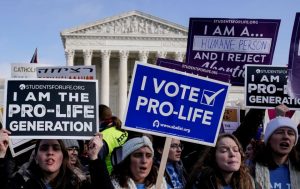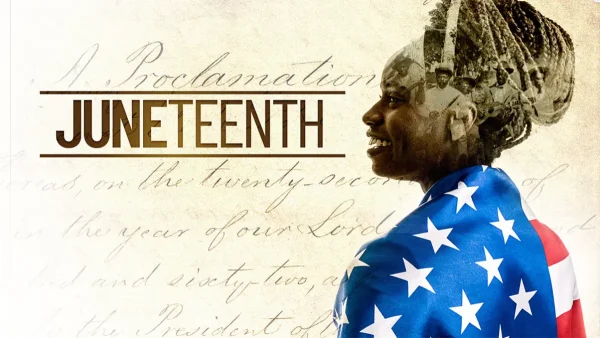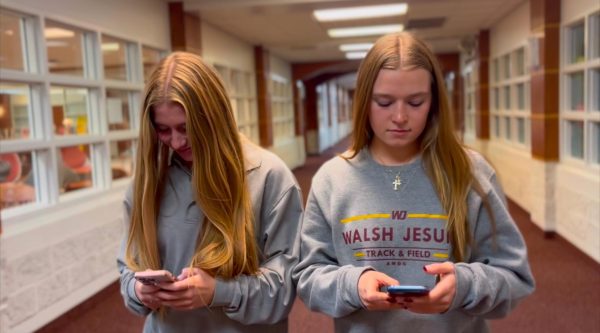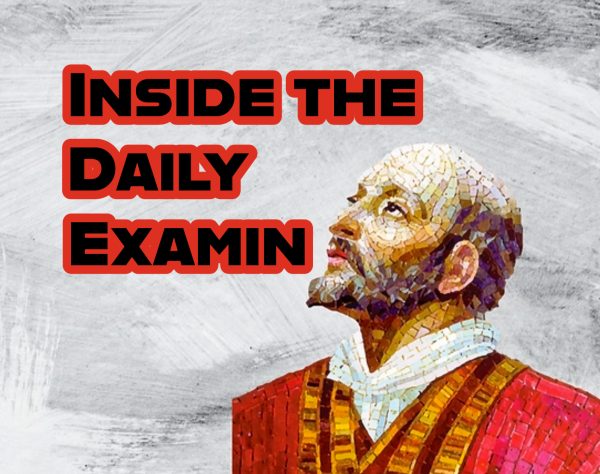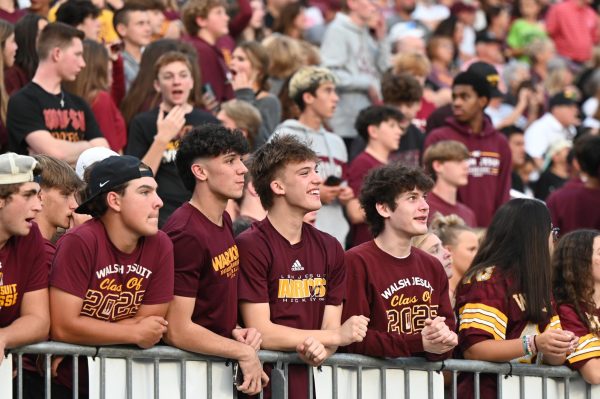Roe v Wade and the Supreme Court’s secrecy breach
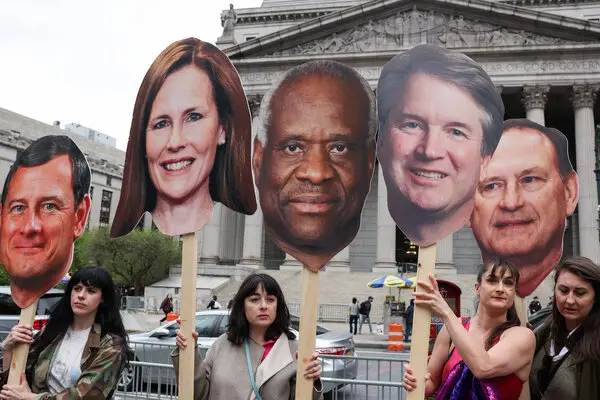
The bombshell leak of a document from the Supreme Court last month revealed a possible overturning of the 1973 Roe v Wade decision.
A firestorm was unleashed across the U.S. on May 3, 2022 — the leak of the potential Supreme Court overturning the 1973 Roe v Wade decision. This was arguably the first time in the the history of the Court that such a breach of secrecy occurred.
For an issue to even reach the Court, it must affect a vast majority of people or society as a whole. The case has to go through several lower courts before reaching the Supreme Court, a fact that often arouses public and political interest.
The Supreme Court does not hand down a decision until a final ruling regarding the case has been made. The Court also does not release any information regarding the progress of the decision or the deliberations that take place among the nine Justices. As uscourts.gov states, “According to Supreme Court protocol, only the Justices are allowed in the Conference room at this time (during the Conference) — no police, law clerks, secretaries, etc.” Due to this, the leak of the Roe v. Wade draft document came as a complete shock.
Should the Supreme Court be shrouded in secrecy, or should it adopt the way that other courts function in regards to their transparency?
In recent years the Supreme Court has come under criticism for its secrecy. Although reporters cover the oral arguments presented, the Court is the only branch of government in which the only people allowed during deliberations are the Justices and their clerks. Also, as Marshall H. Tanick of the “Colorado Newsline” explains, no televised coverage or video coverage of the hearings is allowed. But, lower courts provide televised coverage and video recording. Other people, such as the jury and other interested parties, are permitted in the courtroom.
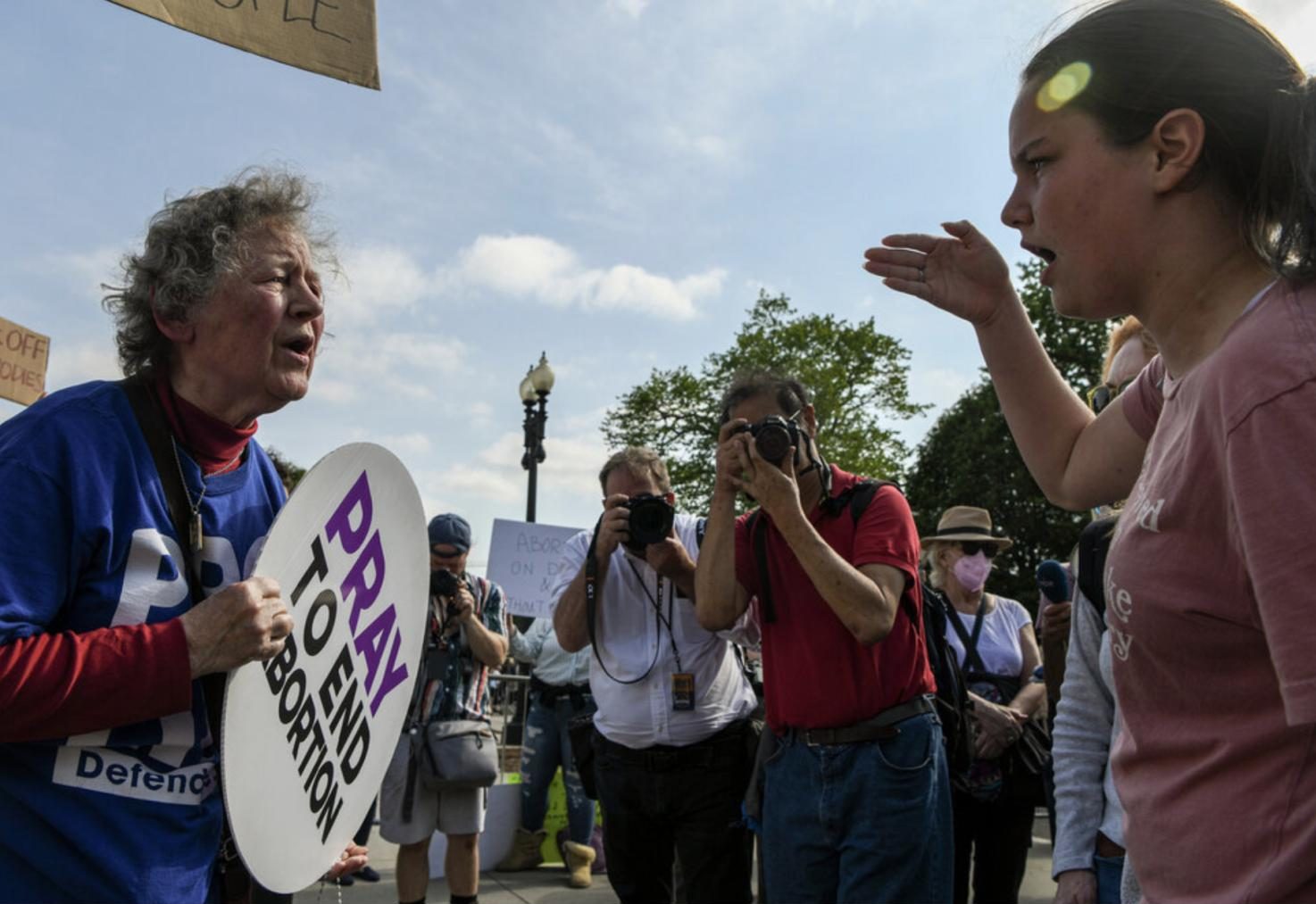
Many believe the tradition of secrecy is due to the political nature of many of the cases argued in the court. Peter G. Fish of William and Mary Law School, further explains this: “Because of the politically charged character of many of the issues reaching the Court, spokesmen for the Bench and Bar have often emphasized the absolute necessity for insulating the judiciary from the vagaries of public opinion.” The Justices defend their super secrecy as a precaution needed to ensure that an unbiased exchange of views among Justices during the deliberations takes place.
But does this mean that public opinion regarding an issue does not matter? No, it simply means that the Justices cannot allow public opinion to influence their thinking on the issue. Nevertheless, Americans should be made aware of the direction the Court will take on possible life changing matters.
Over the course of time, the public has begun to believe that the Court proceedings should be televised or, at the very least, the public should be updated on the direction that the Court is heading. The recent leak of the Roe v. Wade draft has sparked intense public controversy.
Will the leak be the push that causes the Supreme Court to go public?

